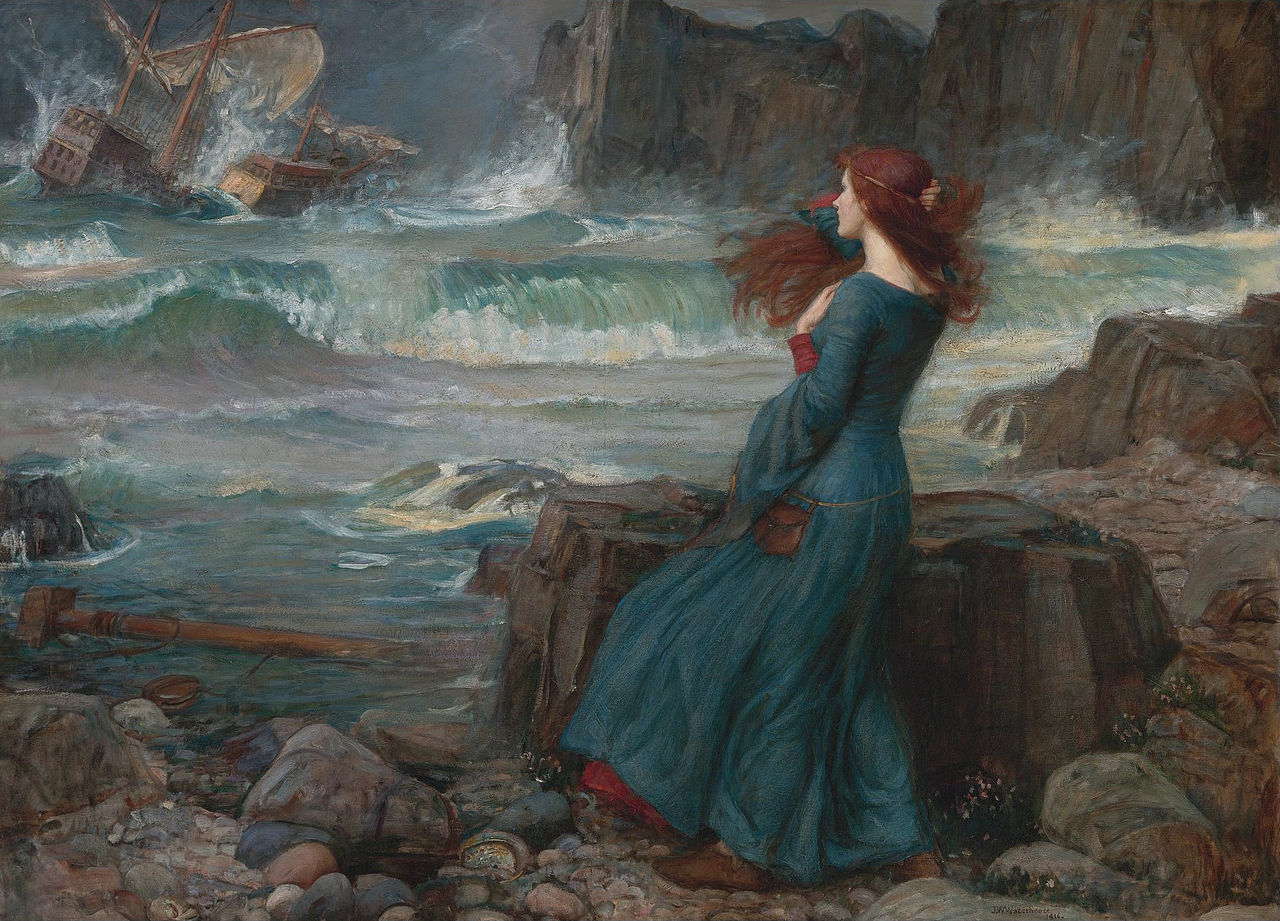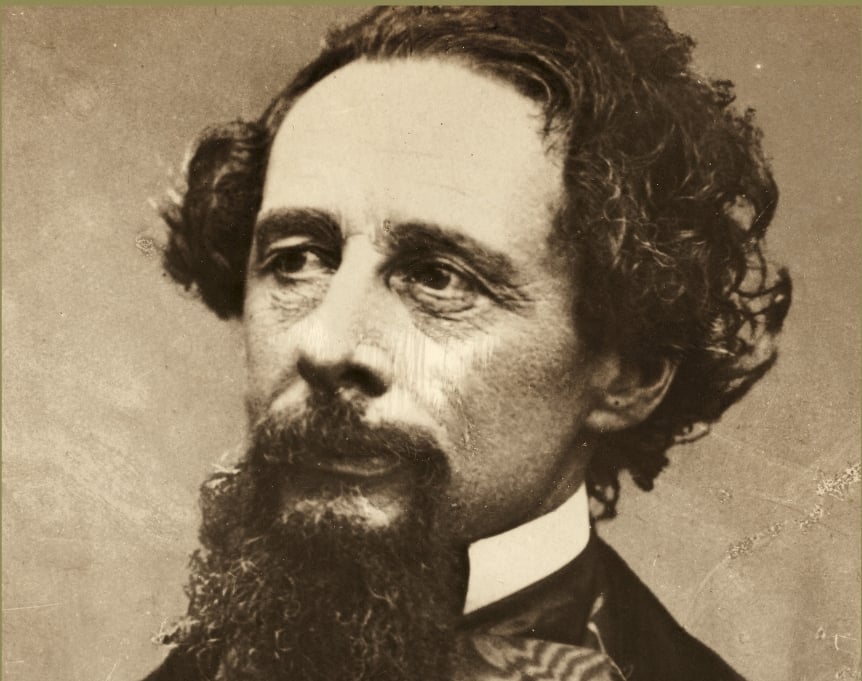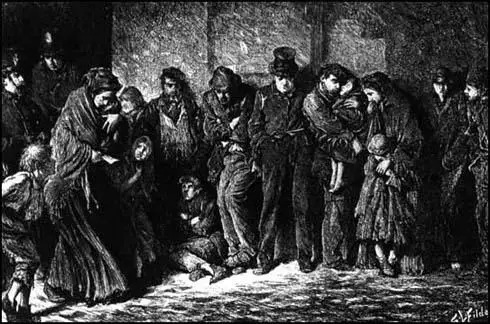* Open
- Q. Which is the correct spelling?
a. Veterans Day
b. Veteran's Day
c. Veterans' Day
- Q. What is the difference between this day (Nov. 11) and
Memorial Day (last Monday of May, moment of remembrance at 3:00 pm)?
-
"A. Many people confuse Memorial Day
and Veterans Day. Memorial Day is a day for remembering and honoring
military personnel who died in the service of their country,
particularly those who died in battle or as a result of wounds sustained
in battle. While those who died are also remembered, Veterans Day is the day set aside to thank and honor ALL those who served honorably in the military - in wartime or peacetime. In fact, Veterans Day is largely intended to thank LIVING
veterans for their service, to acknowledge that their contributions to
our national security are appreciated, and to underscore the fact that
all those who served - not only those who died - have sacrificed and
done their duty" ( U.S. Dept. of Veterans Affairs).
- Repartee (noun): conversation or speech characterized by quick, witty comments or replies.
- French repartie "an answering blow or thrust" (originally a fencing term)
- The famous repartee between Churchill and Lady Astor is as follows: She said, "If you were
my husband I'd give you poison," and he said, "If you were my wife, I'd
drink
it."
More repartee:
___________________________________
'I am enclosing two tickets to the first night of my new play; bring a
friend....if you have one.'
- George Bernard Shaw to Winston Churchill
'Cannot possibly attend first night, will attend second.... if
there is
one.'
- Winston Churchill, in response.
___________________________________
'He has never been known to use a word that might send a reader to the
dictionary.'
- William Faulkner (about Ernest Hemingway).
'Poor Faulkner. Does he really think big emotions come from big
words?'
- Ernest Hemingway (about William Faulkner)
____________________________________
'Politicians use statistics as a drunken man uses lamp-posts.. . for support
rather than illumination. ' - Andrew Lang (1844-1912)
_____________________________________
The following is from Wikipedia:
G. K. Chesterton was a large man, standing 6 feet 4 inches (1.93 m) and
weighing around 20 stone 6 pounds (286 lbs). His girth gave rise to a
famous anecdote. During the First World War a lady in London asked why
he was not "out at the Front"; he replied, "If you go round to the side, you will see that I am." On another occasion he remarked to his friend George Bernard Shaw,
"To look at you, anyone would think a famine had struck England." Shaw
retorted, "To look at you, anyone would think you have caused it."
P. G. Wodehouse once described a very loud crash as "a sound like G. K. Chesterton falling onto a sheet of tin".
Chesterton usually wore a cape and a crumpled hat, with a
swordstick
in hand, and a cigar hanging out of his mouth. He had a tendency to
forget where he was supposed to be going and miss the train that was
supposed to take him there. It is reported that on several occasions he
sent a telegram to his wife Frances from some distant (and incorrect)
location, writing such things as "Am in Market Harborough. Where ought I
to be?" to which she would reply, "Home".
Because of these instances of absent-mindedness and of Chesterton being
extremely clumsy as a child, there has been speculation that Chesterton
had undiagnosed developmental coordination disorder or attention deficit disorder.
* Sample Essays
HW:
Passage Review
- Click on the "Free Response Questions" for any year of your choice.
- Look for Question 2 (the Prose Prompt).
- Read it and think about it.
- Now go to the "Sample and Commentary" for Question 2 of the Same Year
- Annotate the 8 with three things (at least) you see that are good.
- If you don't understand the passage or want to try another, just go to another year.
- Some years do not have the passage included due to copyright.
- You may use this same link to study essays of any type (poetry, prose, open) any time you wish between now and the AP exam.












